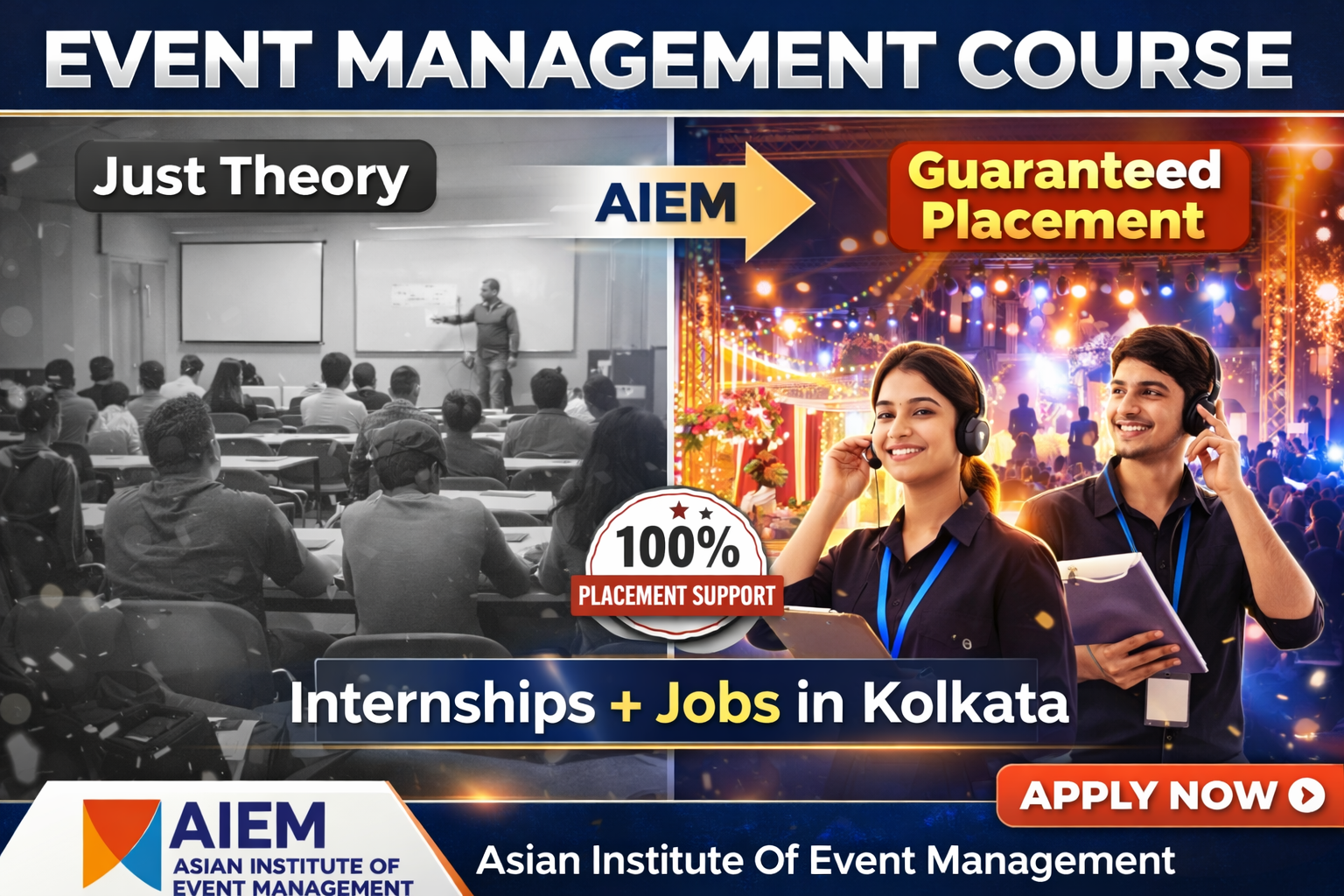
Essential Soft Skills for Success in Event Management
July 15, 2024
Even the most perfect event plans mean little without the interpersonal skills to connect, lead, and adapt.
In event management, technical expertise in timelines and budgets establishes competence... but the soft skills reveal true proficiency.
These human-centered capabilities often turn good events into unforgettable occasions that forge lasting impressions.
Let's look at the critical soft skills that allow event planners to influence and inspire.
Communication
Communication provides the foundation for aligning clients, teams, and vendors around a shared vision.
Articulating ideas clearly and precisely while listening attentively to understand needs is important.
Tailoring messaging style to each audience also ensures concepts land. For example, a formal corporate tone may suit a CEO, while a casual conversational approach resonates better with creative partners.
Flexing communication for maximum impact unlocks stakeholder buy-in.
Adaptability
The event industry continuously evolves, demanding flexible responses to rising challenges.
Remaining solutions-focused under pressure enables quick pivots when plans crumble. For example, if a speaker cancels at the last minute, adeptness might transform the setback into an engaging panel discussion.
Accepting change as the only constant and thriving in uncertainty separates strategic players from rigid thinkers.
Empathy
Tuning into stakeholders' needs and emotions allows for deeper connections and fulfillment. Anticipating pain points proactively solves problems before they start.
Noticing an overwhelmed attendee and introducing them to a friendly group eases discomfort.
Diplomatically resolving team friction also creates shared goodwill. Events built on shared experiences resonate most when the human elements shine.
Leadership
Strong leaders boost teams to peak performance through vision, encouragement, and clarity. Deftly matching members’ strengths to event roles maximizes potential.
Rallying morale and decisive direction-setting navigate stressful times. For instance, an inspirational pep talk and strategic coffee run might inspire exhausted crews post-setup.
At their best, leaders elevate teams to execute seamless events.
Creativity
Innovative concepts and unexpected delights separate remarkable events from the routine.
Creative planners develop unique themes, overcoming logistical hurdles with resourceful solutions. They incorporate surprising interactive elements that linger in memory.
For instance, an augmented reality product launch could generate more buzz than a traditional slideshow.
Inventive thinking combined with sound strategy unlocks events with impact.
Time Management
Effective time management balances productivity with sustainability in event planning's rapid cycles.
Prioritizing critical path tasks maintains focus amidst competing demands. Realistic schedules allot preparation time while preventing burnout.
Consider a planner juggling three events in one month. Allocating defined hours per project daily allows them to drive all efforts forward through a hectic season.
Emotional Intelligence
High emotional intelligence (EQ) guides responsive stakeholder interactions, even when tensions run high.
This skill allows event planners to acknowledge frustrations, stabilize reactions, and redirect conversations to positive outcomes.
Consider a venue change upsetting a client. The planner's EQ provides empathy while explaining the situation calmly and finding an even better solution together.
Managing emotions intelligently paves the way for win-win relationships.
Final Thoughts
Technical expertise only goes so far in the event world. Soft skills separate the great from the good by enabling meaningful connections.
Though timelines and budgets matter, one’s ability to communicate with clarity, meet challenges with agility, and lead with compassion transforms events from ordinary to extraordinary.
Programs recognizing these critical capabilities, like those at the Asian Institute of Event Management (AIEM), equip graduates to thrive.
Technical training coupled with nurturing human-centered skills produces well-rounded success stories for event planners.
RECENT POSTS
-

Learn Event Management Through Real Internships in Kolkata
February 24, 2026
-

Event Management with Guaranteed Placement in Kolkata
February 24, 2026
-

Low Budget Franchise Opportunity with High Profit in India
February 16, 2026
-

India’s Most Profitable Franchise Opportunity for Smart Investors
February 16, 2026
-

AIEM Education Franchise Investment: Low Risk, High Potential
February 7, 2026